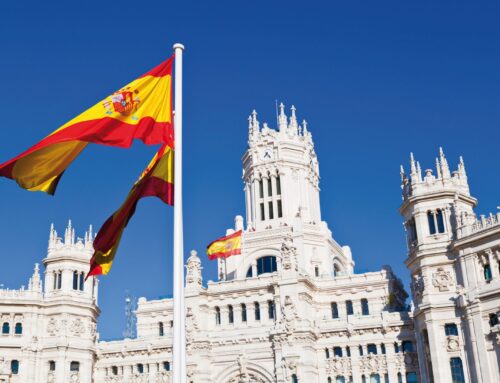Spain is renowned for its progressive stance on cannabis, particularly in comparison to other European countries. The country’s legal framework surrounding cannabis use and cultivation is nuanced, balancing between decriminalization and strict regulation. This article explores the legality of cannabis in Spain, and how to smoke legal cannabis in Madrid highlighting the distinctions between personal use, cultivation, and the role of Cannabis Social Clubs (CSCs).
Personal Use and Possession
In Spain, the possession and use of cannabis for personal consumption are decriminalized under specific conditions:
- Private Spaces: Personal use of cannabis is legal if it occurs in private spaces. This means that individuals can consume cannabis in their homes or other private areas without facing legal repercussions.
- Public Spaces: Possession or use of cannabis in public spaces is prohibited and can result in fines. Spanish law considers public consumption a misdemeanor, punishable by administrative sanctions rather than criminal charges.
Cultivation
The cultivation of cannabis in Spain is subject to certain restrictions:
- Private Cultivation: Individuals are allowed to grow cannabis plants for personal use, provided it is done in a private space and is not visible from public areas. The law does not specify a legal limit on the number of plants, but excessive cultivation may be interpreted as intent to distribute, which is illegal.
- Commercial Cultivation: Commercial cultivation and sale of cannabis remain illegal. However, the production of cannabis for industrial purposes (such as hemp) and medicinal research is permitted under strict regulatory conditions.
Cannabis Social Clubs (CSCs)
One of the most distinctive features of Spain’s cannabis landscape is the presence of Cannabis Social Clubs (CSCs). These clubs operate under a cooperative model, emphasizing collective cultivation and distribution among members. In these clubs you can smoke legal Cannabis in Madrid. Key aspects of CSCs include:
- Nonprofit Operation: CSCs must operate on a nonprofit basis. Cannabis cannot be sold for profit; instead, it is shared among members who collectively fund the cultivation.
- Membership Criteria: Members must be adults and agree to use the cannabis for personal consumption. Clubs typically require proof of residency and a membership fee.
- Controlled Environment: CSCs provide a controlled environment for cannabis consumption, promoting responsible use and minimizing the risks associated with unregulated markets.
Medical Cannabis
Spain has a limited legal framework for medical cannabis. While cannabis-based medicines are not widely available, certain cannabis-derived products have been approved for medical use under strict conditions. Patients with qualifying conditions may obtain a prescription for these products, but access remains limited compared to countries with more comprehensive medical cannabis programs.
Legal Risks and Considerations
Despite the decriminalization of personal use and cultivation, there are still legal risks associated with cannabis in Spain:
- Public Consumption: As mentioned earlier, consuming cannabis in public can result in fines. It is crucial for users to confine their activities to private spaces to avoid legal issues.
- Excessive Cultivation: While personal cultivation is allowed, growing an excessive number of plants may lead to accusations of intent to distribute, which is a criminal offense.
- Transport and Distribution: Transporting cannabis, even for personal use, can be risky. It is best to consume and cultivate cannabis in the same private space to stay within legal boundaries.
Conclusion
Spanish laws allow personal use and private cultivation, provided they occur in private spaces and adhere to specific guidelines. The unique concept of Cannabis Social Clubs further distinguishes Spain’s approach, offering a communal and regulated way for users to access cannabis. However, the legal landscape remains complex, and individuals must navigate it carefully to avoid potential legal pitfalls. As the global conversation around cannabis continues to evolve, Spain’s approach provides an intriguing model of decriminalization and community-oriented regulation.







